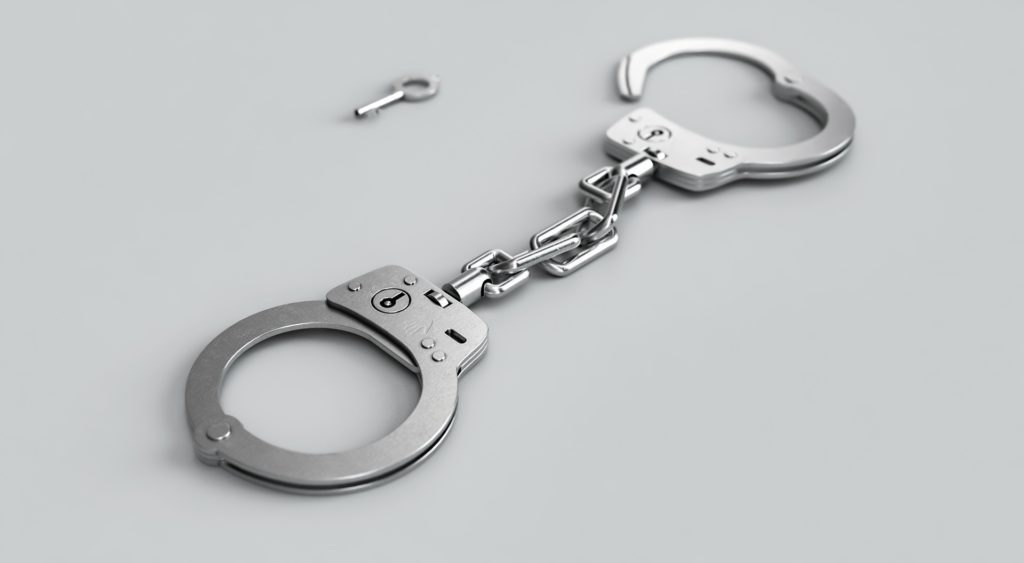When you are convicted of a criminal offence, it is up to the judge to sentence you.
Depending on the nature of the crime, the circumstances in which it was committed, and your personal circumstances, the judge has several options when sentencing. The two most favorable options will leave you with no criminal conviction:
- Absolute discharge – immediately discharged from the finding of guilt with no conditions
- Conditional discharge – you must comply with certain conditions for a set period of time, then are discharged from the finding of guilt.

Each of the above can be considered regardless of whether you plead guilty to an offence or are found guilty after trial.
However, whether all options are permitted for the type of offence you are guilty of will depend on the crime (more information about this below).
An absolute discharge means that you will have no criminal conviction (unless you have a previous conviction) but the discharge will appear on your record for a year.
A conditional discharge comes with a probation period of up to three years and the record is kept on your file for three years.
In order to be granted a conditional discharge, you will need to:
- Agree to comply with a set of conditions, which normally apply for between six months and two years
These conditions may include:
- Agreeing to keep the peace
- No travel outside the jurisdiction of the court
- Performing community service
- Reporting to a probation officer
- Agreeing to a weapons or firearms ban
Abiding by these conditions for the time period specified by the judge will mean that you will be permanently discharged.
However, failure to comply can lead to a charge of breaching your probation and revocation of your conditional discharge. This will likely lead to harsh penalties for the original crime that you will then be convicted of.
How else does a conditional discharge affect me?
Most importantly with a conditional discharge, you escape a permanent criminal record, which can have far-reaching effects on your life.
However, in addition to the conditions that accompany your conditional discharge, the fact that its record sits on your file for a period of time can impact areas of your life temporarily.
In particular, it can affect employment (especially those involved with children or requiring a security clearance) and freedom of travel.
Unlike with the expungement of a criminal record, the record of your discharge will be automatically removed from your file after the allotted period.
However, if you are convicted of a new crime during your probation period, your discharge can be revoked and you will appear in front of a judge again, with fewer prospects of leniency.
You may then be given a conviction that results in a criminal record and a jail sentence.
Who is eligible for a conditional discharge?
Not everyone convicted of a crime in Canada is eligible for a conditional discharge.
Only certain crimes qualify for discharge. A judge cannot grant it for more serious crimes for which there may be a mandatory minimum prison sentence, like certain violent crimes (e.g. armed robbery or murder), some drug offences, and sexual offences involving minors.
Discharge is a non-standard sentencing measure that is used in exceptional circumstances. As such, it will only be considered if the judge id satisfied that it is in the interests of both the public and the person being sentenced.
When deciding if it is in the best interest of the public, the judge will consider whether there is an advantage in having your conviction as a matter of public record.
One instance of this is when the crime is particularly common in the community and by having your conviction on record it will act as a deterrent to others.
Often, crimes that involve fraud, deceit, or taking advantage of other people are not considered for discharge either. In such cases, the court may want to make the offence public and warn employers and professional associations about your prior criminal activities.
In any case, you will generally only be considered for a conditional discharge if you have no recent criminal record.
How to apply for a conditional discharge
A conditional discharge can be arranged through the criminal defense lawyer representing you.
At your hearing, you will need to plead guilty or be convicted of an offence that is eligible for a discharge.
Next, your lawyer will present a case for why you should be considered for a conditional discharge by the judge.
This will usually include arguments demonstrating how a discharge is in the best interests of you and the general public.
For instance, if the offence is not a common one in the community, imprisoning you may not serve as any deterrent and it could be argued that conditional discharge would save taxpayer money.
Likewise, if you pose no threat to the public, it is easier to argue a case for discharge to the judge.
It will also help your case to be able to provide evidence of general good character and reputation via witness statements.
